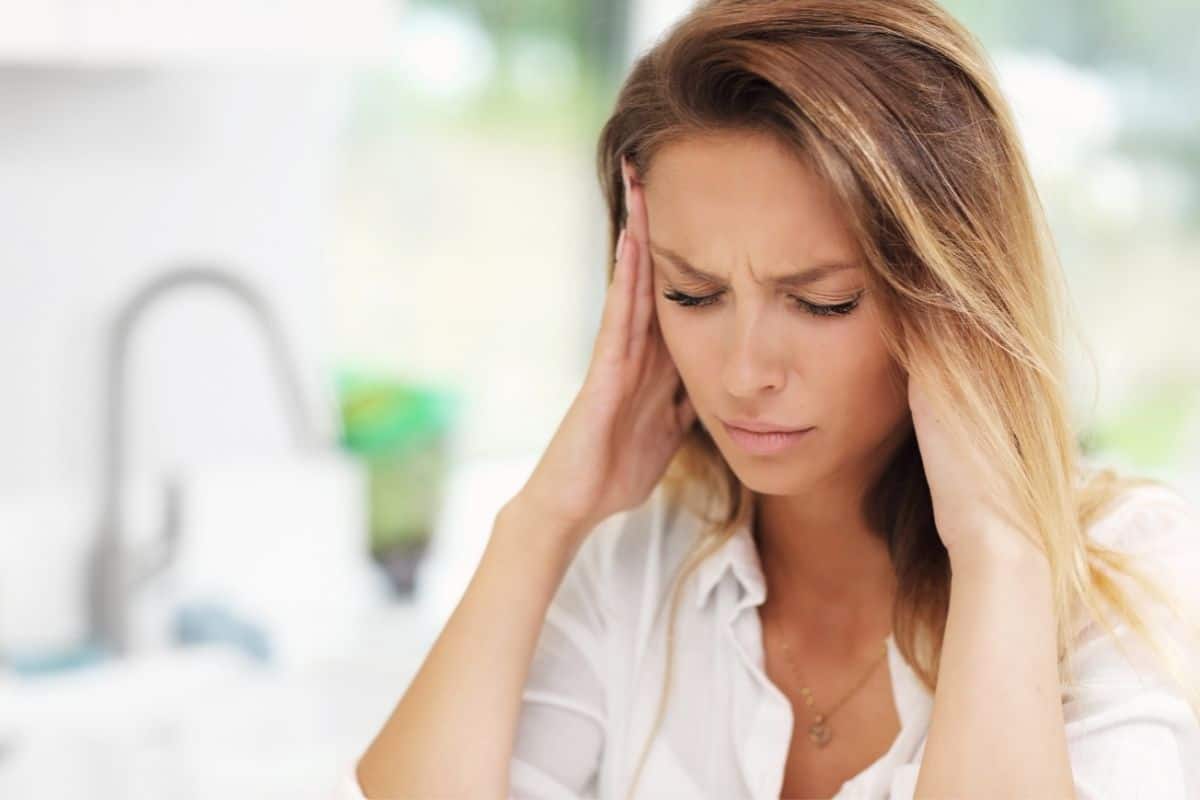Almost everyone gets headaches once in a while. And for most people, they include coffee in their daily diet. But have you ever wondered whether drinking coffee is linked to headaches? Well, coffee is both a cure and a cause of headaches. In this article, you’ll learn why coffee assists in curing headaches, why it may cause headaches, and possible remedies to prevent headaches from caffeine.

Caffeine Headache Cure
Whenever you get a headache, you’ll want fast relief. Whether you’re having a migraine or a tension headache, drinking coffee can help, thanks to its high caffeine content. In fact, caffeine is a major ingredient in most pain relievers. Caffeine enhances the effectiveness of pain relievers. Sometimes, consuming coffee alone is enough to stop a headache.
Caffeine works by reducing inflammation, thereby bringing relief from pain. Also, it boosts the effectiveness of most headache remedies. Thus, taking some painkillers with coffee will make them work better and faster.
After analyzing several different studies, it’s evident that caffeine enhances the effectiveness of analgesics such as acetaminophen and ibuprofen. In fact, these studies showed that taking these medications alongside caffeine improves their efficacy against several pain conditions and not just headaches.
Research also shows that caffeine is highly effective in relieving hypnic headaches. These headaches often affect older people, especially at night. In that case, your doctor may recommend taking coffee a few hours before sleeping.
Why Does Coffee Make My Headache Go Away?
Blood vessels dilate just before getting a headache. Upon drinking coffee, its caffeine ingredient gets absorbed into the blood quite quickly. Research shows that caffeine has vasoconstriction properties, meaning that it narrows the blood vessels, thereby restricting blood flow. Thus, caffeine prevents headaches by preventing blood vessels from dilating. Similarly, it cures headaches by constricting already dilated blood vessels.
Many over-the-counter and prescription headache medicines contain caffeine to help with vasoconstriction. If you don’t like coffee but you’re looking for a home remedy to relieve your headache, try black tea or green tea as they also contain caffeine. Nevertheless, avoid excessive caffeine intake as an overdose can have side effects.
Why Does Coffee Give Me a Headache?
Although coffee relieves pain, it can also give you a headache. Since caffeine in coffee narrows blood vessels surrounding the brain, once its effects end, the vessels will expand again. As a result, you’ll feel pain.
Withdrawal from caffeine also causes headaches. Once your body gets used to caffeine, you’ll have withdrawal symptoms whenever you lack caffeine. Headaches are a common symptom of caffeine withdrawal. It especially happens among individuals who consume coffee regularly or anyone trying to quit coffee addiction.
You can as well experience a caffeine rebound headache, which results from a painkiller overdose. If you overuse a painkiller, you may experience worse pain than before once the medication wears off. You’re likely to experience this problem when you combine pain relievers with excessive coffee intake.
Symptoms of Headaches Related to Coffee
Caffeine rebound headaches are closely related to regular headaches. However, if you get a headache soon after taking coffee, it’s likely that the headache is resulting from caffeine intake. In that case, reduce your coffee intake to see whether the headaches stop. Preferably, reduce your coffee intake gradually to avoid headaches resulting from caffeine withdrawal.
Generally, headaches resulting from caffeine withdrawal may have symptoms like:
- Sluggishness
- Irritability
- Sleeplessness
- Fatigue
- Difficulty concentrating
If you’re finding it hard to withdraw from caffeine due to serious withdrawal symptoms, consult your doctor for professional advice.
How to Avoid Headaches Related to Caffeine
It’s important to take note of the effect that caffeine may have on your body system. Pay special attention to the amount of caffeine you consume. In case you get headaches or migraines frequently, it’s advisable to cut down your daily caffeine intake. If possible, avoid it altogether.
Cut down your daily caffeine intake gradually to avoid withdrawal symptoms such as headaches. For instance, if you’re used to drinking 4 cups of coffee per day, reduce your consumption to 3 cups per day, followed by 2 cups per day, and eventually 1 cup per day or none. If you stop drinking coffee suddenly, you’ll experience withdrawal symptoms for about a week.
Also, get enough rest and sufficient sleep. Drinking enough water daily, exercising, and taking a balanced diet can also help with preventing headaches linked to caffeine. Also, manage stress to prevent headaches. You can also relieve headaches with meditation, massage, and relaxation techniques rather than relying on caffeine and pain killers.
The Bottom Line
Although caffeine is a good remedy for headaches, it’s also responsible for causing them, especially due to caffeine withdrawal. Thus, it’s advisable to consume caffeine moderately and cautiously. If you’re getting headaches or migraines constantly, consult your doctor as it might be a symptom of a more serious problem that needs professional attention.
Related Articles
Can you drink coffee when sick